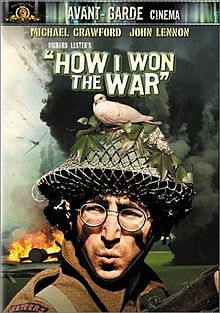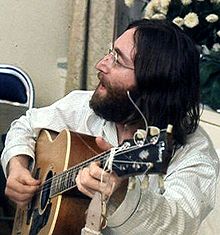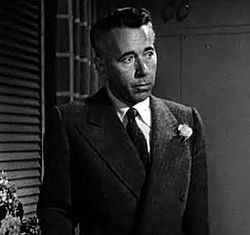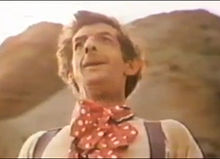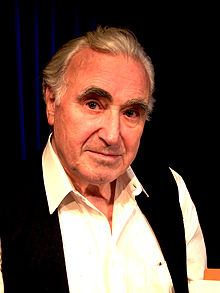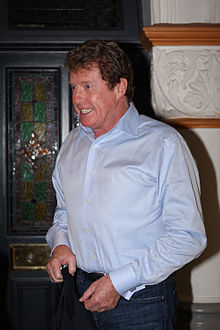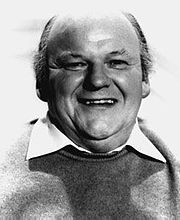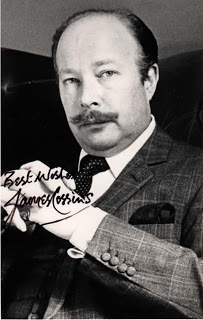How I Won the War
How I Won the War is a black comedy film directed and produced by Richard Lester, released in 1967, based on a novel of the same name by Patrick Ryan. The film stars Michael Crawford as bungling British Army Officer Lieutenant Earnest Goodbody, with John Lennon in his only nonmusical role, as Musketeer Gripweed, Jack MacGowran Musketeer Juniper, Roy Kinnear Musketeer Clapper and Lee Montague Sergeant Transom as soldiers under his command. The film uses an inconsistent variety of stylesvignette, straighttocamera, and, extensively, parody of the war film genre, docudrama, and popular war literatureto tell the story of 3rd Troop, the 4th Musketeers a fictional regiment reminiscent of the Royal Fusiliers and their misadventures in the Second World War. This is told in the comicabsurdist vein throughout, a central plot being the settingup of an Advanced Area Cricket Pitch behind enemy lines in Tunisia, but it is all broadly based on the Allied landings in North Africa in 1942 to the crossing of the last intact bridge on the Rhine at Remagen in 1945. The film was not critically well received.
Filming took place during the autumn of 1966 in the German state of Lower Saxony, at the BergenHohne Training Area, Verden an der Aller and Achim, as well as the Province of Almera in Spain. Lennon, taking a break from the Beatles, was asked by Lester to play Musketeer Gripweed. To prepare for the role, Lennon had his hair cut down, contrasting sharply with his moptop image. During filming, he started wearing round grannylike glasses, which he continued to sport nearly constantly for the remainder of The Beatles existence, becoming one of his most distinctive trademarks. A photo of Lennon in character as Gripweed found its way into many print publications, including the front page of the first issue of Rolling Stone, released in November 1967.During his stay in Almera, Lennon had rented a villa called Santa Isabel, whose wroughtiron gates and surrounding lush vegetation bore a resemblance to Strawberry Field, a Salvation Army garden near Lennons childhood home it was this observation that inspired Lennon to write Strawberry Fields Forever while filming. ........
Source: Wikipedia

